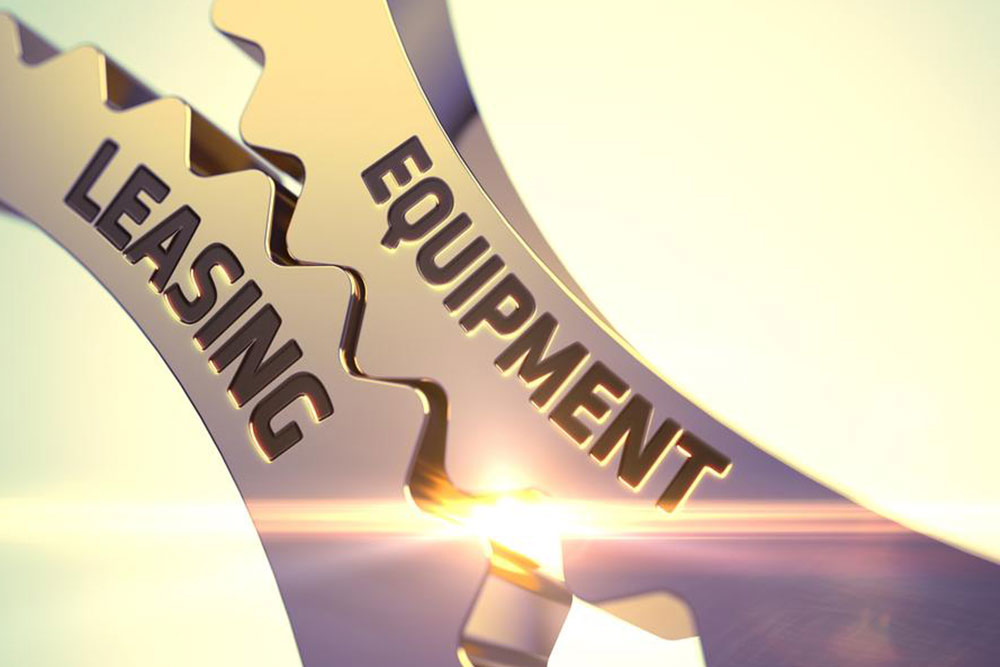Key Factors to Evaluate When Selecting an Equipment Leasing Provider
Learn the essential factors to consider when choosing an equipment leasing company. From industry expertise and customer support to flexible payment options and maintenance policies, this guide helps you make an informed decision, ensuring your business stays competitive and cost-effective. Equipment leasing is a smart alternative to purchasing, providing flexibility, saving capital, and enabling access to the latest technology. Carefully evaluating leasing providers based on experience and policies can lead to more successful and stress-free equipment management for your business.

Key Factors to Evaluate When Selecting an Equipment Leasing Provider
Starting a new venture or outfitting a new office often requires purchasing essential equipment, which can be quite expensive. Typically, entrepreneurs invest in new or used machinery—an often costly process. Many are unaware of equipment leasing options that can offer significant savings compared to outright purchases. Leasing enables businesses to conserve capital and access the latest technology through short-term agreements, making it a practical alternative to traditional buying.
Opting for equipment leasing not only preserves working capital but also offers flexibility to upgrade equipment frequently. This approach helps companies remain competitive and up-to-date with industry standards.
If you're searching for a reliable equipment leasing service, consider these critical factors to make an informed choice.
Industry experience: Choose a leasing company with extensive knowledge of the equipment you need. Companies specializing in your field can provide better rates and flexible leasing terms, ensuring you get the most suitable equipment for your business.
Customer support: Pay attention to how the leasing company interacts with clients during initial contact. A reputable provider will be proactive, offer numerous options, and prioritize customer satisfaction to help your business grow.
It’s essential to assess how they handle inquiries from the start. Good customer service includes support during the leasing process and beyond, helping you address issues promptly and efficiently.
Flexible payment plans: Businesses with seasonal revenue streams should opt for leasing companies that offer adaptable payment structures, including deferred payments. Such options can ease cash flow challenges and accommodate fluctuating income.
Maintenance and repair policies: Understand the leasing company's policies on repair and maintenance, as machinery may require servicing over time. During negotiations, ask how quickly they respond to breakdowns, which indicates their overall efficiency and reliability.
Disclaimer:
The content on this site compiles research, expert insights, and industry data, but specific offers and conditions may vary among providers. As financial conditions change, the relevance of the information may fluctuate. Readers should consult a financial professional before making leasing decisions, as the website's content is for informational purposes only and does not constitute financial advice.










